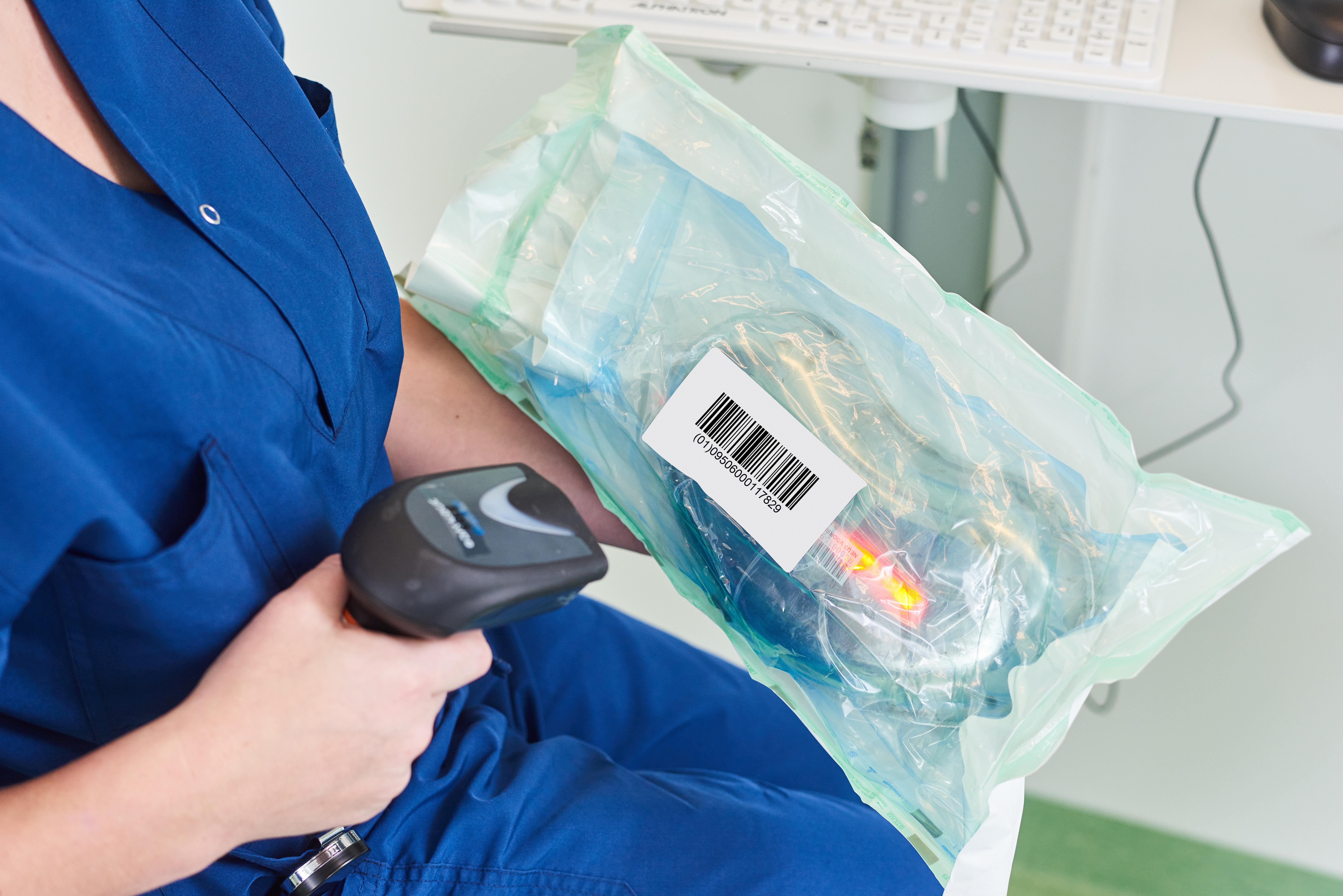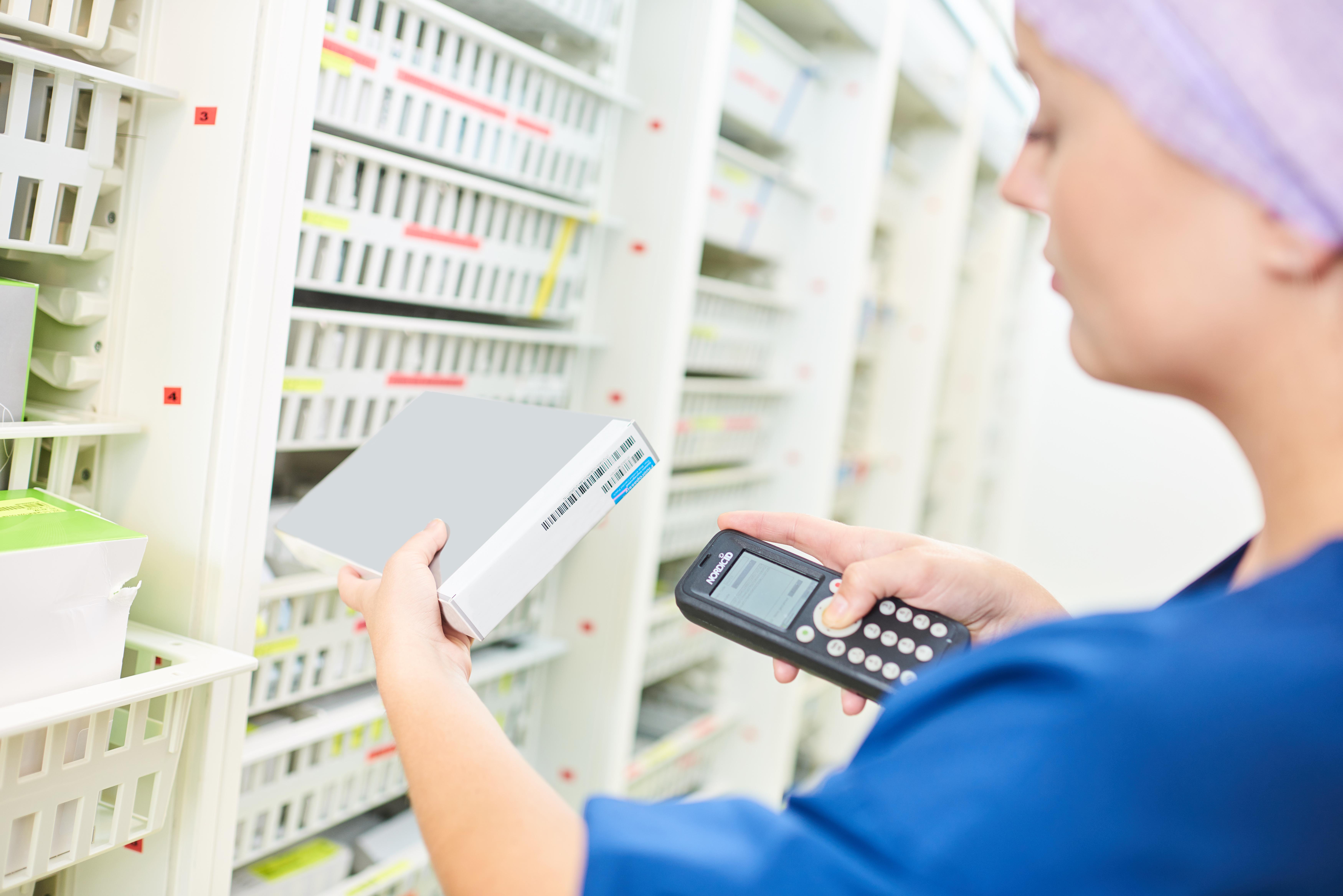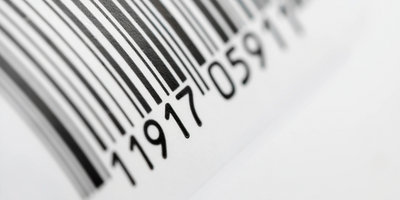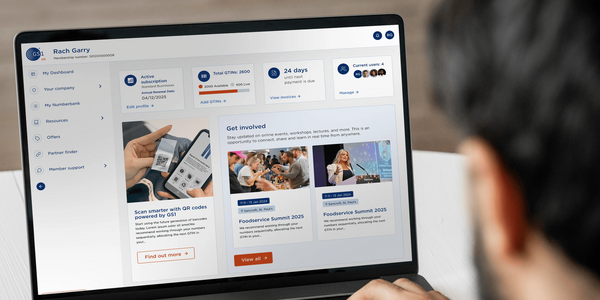July 14, 2022 Industry news
Following a consultation on the future regulation of medical devices in the UK, the MHRA have stated their intention to authorise GS1 as an issuing entity for the unique identification of medical devices.

Background
Following the Brexit transition period, European medical device legislation no longer applies in the UK. As a result, the UK is now required to develop its own regulations to govern the identification and monitoring of medical devices on the UK market.
To develop these new regulations, the Medicines and Healthcare products Regulatory Agency (MHRA) released a nationwide consultation which tasked healthcare professionals and institutions, businesses, trade associations and patients for their views on how medical devices should be controlled.
To find out more, read our news summary or the full GS1 UK response on the public policy section of our website.
A full review of the feedback was conducted and, on 26 June 2022, the Government published a detailed response stating their intentions for the future of medical device legislation in the UK.

The value of UDI
The outcome of the consultation revealed strong support for the introduction of a globally harmonised device identification and coding system. The MHRA’s harmonised Unique Device Identification system intends to standardise UDI across the UK, and align with existing international medical device regulations (such as the EU MDR and US FDA requirements).
Doing so will enhance traceability and patient safety by enabling devices to be identified, tracked and traced from the point of manufacture all the way through to the individual patient. This will make incidents such as product recalls easier to manage, reduce the risk of harm to patients, and allow for more accurate reporting on adverse events.
The proposal for future regulation
Of 183 respondents 87% advocated for the use of GS1 standards to identify medical devices on the UK market. Plus, when asked about the identification manufacturers, UK Responsible Persons, importers and distributors, the responses were split almost evenly between the options of using DUNS, GS1, or MHRA own identifiers.
Based on the consultation’s recommendations, the government will:
- require all manufacturers of medical devices to assign Unique Device Identifiers (UDIs) such as GS1 Global Trade Item Numbers (GTINs) to any product placed on the market
- require all reusable devices to bear a scannable UDI carrier such as barcode or Radio Frequency Identification (RFID) tag
- issue essential requirements and guidance for Basic UDI device identifiers (BUDI-DI) to ensure the rationale for, and value of, collecting this information is clear
The impact and benefits
This means that device manufacturers and suppliers will be able to use GS1 standards in order to meet the proposed UDI requirements, making compliance easier and bringing UK regulation in line with the rest of world. The press release explains more.
Since the majority of medical device manufacturers and suppliers are already using some of the named approved identifiers, this means most will not need to make any adjustments to their current practices.
Head of healthcare, Glen Hodgson explains, “When the Department of Health and Social Care published The NHS eProcurement Strategy in 2014, GS1 standards were mandated for use. Many manufacturers and suppliers have already adopted GS1 standards to meet this requirement."

Further to this, more than 90% of medical device manufacturers use GTINs as the primary identifier in the FDA Global Unique Device Identification Database in the US. Couple these points with the fact that GS1 is already authorised as an issuing entity for many other global device regulations, we are pleased to see the MHRA align on this matter.”
Glen Hodgson
Head of healthcare, GS1 UK
“We will continue to support our members with the adoption of GS1 standards to ensure consistency and standardisation across the board. It is a key part of ensuring traceability and, more importantly, patient safety.”

What next and how to ensure your barcodes are right
Now is the time for manufacturers and suppliers to take action in anticipation of potential deadlines.
To help you prepare, we will soon be launching a “Barcoding success” webinar series. This will provide you with the essential knowledge and skills you need to ensure your products comply with UDI requirements.
This three-part series is designed to support healthcare manufacturers and suppliers with everything they need to achieve barcoding success, from getting unique GTINs, to ensuring barcodes are scannable once printed.
Register your interest below to learn more.




